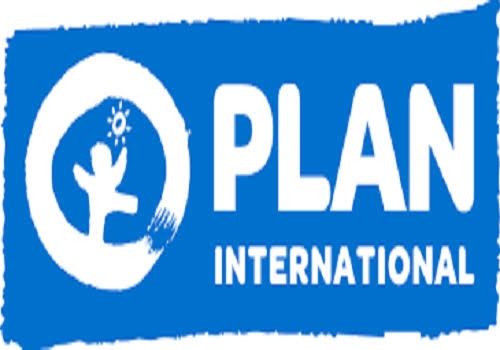Plan International Nigeria has raised concern over the kidnap of dozens of students and staff from a boarding school in Kagara, Niger State.
Plan International is an independent development and humanitarian non-profit organisation that advances children’s rights and equality for girls.
“It is a shame that another kidnapping of school children has occurred again in Kagara, this time in Niger State barely two months after the Kankara, Katsina State incident,” Country Director of the organisation, Hussaini Abdu said in a statement.
Armed men reportedly stormed the Government Science College, Kagara in Niger State, at about 2 a.m. on Tuesday, taking away more than 40 students, staff and family members, according to media report.
Abdu called on the governments at state and federal levels to ensure the safe return of the abducted students and teachers.
“We strongly condemn the constant attacks on children and educational facilities across the country. Education is a fundamental right of every child and under no circumstances should they be denied of it,” he said.
He also said government needed to develop and deploy new strategies to deal with the new threats to the security and safety of children and their education.
“We advise the state governments to have a thorough security assessment of all boarding facilities and convert those in at-risks communities to day schools and return students from distant communities to schools within their immediate communities. This is to ensure that boarding schools are without children at night.
“We advise the governments at the federal and state levels to urgently address issues of security of schools and other learning centres, in line with the commitment of the country to the Safe School Declaration, an inter-governmental political commitment to schools’ security, it signed on to.
“Governments must also prioritise building of capacities of communities and support them to develop an early warning system and community-led security structures.”














